10 Lost Masterpieces That Could Have Changed History—DEEP THOUGHTS
And Why It’s Time for You to Stop Waiting and Start Writing
Ever wondered what hidden masterpiece lies within you, waiting to reshape the world? Some of history’s greatest manuscripts—left unfinished, unpublished, or even marked for destruction—nearly slipped away forever. These were stories of transformation, of power, of rebellion, and love, each echoing the struggles and dreams of their authors. Imagine the potential impact lost in manuscripts left to fade in obscurity, their ideas bound by hesitation, fear, or doubt.
What if Franz Kafka’s The Trial, with its dark portrayal of faceless bureaucracy, had been published before World War II, forcing society to confront the dangers of unchecked authority? Or if John Kennedy Toole’s A Confederacy of Dunces had been released in the South during the Civil Rights era, challenging cultural norms with sharp humor and eccentric characters? Picture Jane Austen’s Sanditon showing readers a new, adventurous side of 19th-century British life, or David Foster Wallace’s The Pale King inspiring a generation on the brink of the workplace wellness movement to question the grind of corporate culture.
For every great work that stayed in a drawer, there was a moment of hesitation—a feeling of “Is this good enough?” However, the impact of these stories was nearly lost due to fear, doubt, or lack of opportunity. What if you’re holding onto a story that could inspire, challenge, or transform others, but you’re keeping it locked away?
It’s time to break free from hesitation and get your ideas on paper. The world needs your voice, your insight, your story. Take action now, because your story deserves to be told, just like these nearly lost masterpieces. Quit dreaming—start writing. Enroll in The Writing Bootcamp for Gifted Wordsmiths and let the world finally hear what only you can say.
Now’s the time to step into the role you’ve been dreaming of. Don’t let self-doubt be the barrier between your ideas and the world. Your story—whether a novel, a memoir, or a powerful piece of nonfiction—has the potential to change lives. If these 10 manuscripts could almost disappear from history, think of what could happen to your own ideas if you don’t take action.
Make today the day you commit to your writing journey. Dive into these stories and let them be the inspiration that fuels you. Then turn that inspiration into action. Start writing, start creating, and let your own voice join the legacy of unforgettable stories.
1. "The Trial" by Franz Kafka: Humanity’s Desperate Search for Certainty in Chaos
Kafka’s The Trial draws readers into the surreal and horrifying experience of Josef K., an ordinary man trapped in a legal system that’s as mysterious as it is merciless. Kafka, plagued by self-doubt, instructed his friend Max Brod to burn all his manuscripts upon his death, believing the world wasn’t ready for his bleak visions. But Brod defied him, publishing The Trial and giving the world a masterpiece that captures the existential terror of facing unseen powers.
Impact If Released Earlier: Had The Trial been published in Kafka’s lifetime, it could have served as an early warning against the rise of totalitarianism in Europe. It would have resonated deeply with readers who were beginning to witness the unchecked power of bureaucracy, perhaps igniting early resistance and shaping the existentialist movement.
2. "A Confederacy of Dunces" by John Kennedy Toole: The Quest for Recognition and Belonging
Toole’s protagonist, Ignatius J. Reilly, is both outrageous and relatable—an eccentric genius struggling against society’s expectations and limitations. Toole’s manuscript was repeatedly rejected, leading him to despair. It wasn’t until after his death that his mother tirelessly campaigned for its publication, and A Confederacy of Dunces went on to win a Pulitzer Prize.
Impact If Released During His Lifetime: Had A Confederacy of Dunces been published in the 1960s, it could have added a fresh voice to the Southern Gothic genre and opened up space for diverse, unconventional characters. Its humor and critique of cultural norms might have influenced attitudes toward individuality and inclusion, encouraging readers to embrace their own quirks and differences.
3. "Go Set a Watchman" by Harper Lee: Hard Truths About Love, Family, and Justice
In Go Set a Watchman, an adult Scout Finch confronts the painful realization that her father, Atticus, isn’t the idealized figure she once believed. Written before To Kill a Mockingbird, the manuscript was set aside and only published decades after Lee’s passing, adding new depth to characters once considered flawless.
Impact If Released During the Civil Rights Movement: Published earlier, Go Set a Watchman might have challenged Americans to look beyond their heroes and confront uncomfortable truths about race and integrity. This complex portrayal of morality and family loyalty could have fueled deeper discussions on civil rights and helped reshape attitudes on justice and moral fallibility.
4. "The Mysterious Stranger" by Mark Twain: The Quest for Moral and Spiritual Growth
Twain’s The Mysterious Stranger departs from his typical humor, diving into themes of reality, morality, and humanity’s darker side. The story left unfinished at his death, was later published by his biographer, revealing Twain’s philosophical depth.
Impact If Published in Twain’s Lifetime: If released, The Mysterious Stranger might have redefined Twain as not only a humorist but also a philosopher. This work could have influenced readers to question their own beliefs about good and evil, encouraging a more introspective, morally complex perspective that might have changed American literature.
5. "The First Man" by Albert Camus: A Meditation on Heritage and Identity
In The First Man, Camus explores his own roots, examining the complexities of his French-Algerian heritage. This deeply personal, incomplete work captures Camus’s search for identity and connection, blending autobiography with philosophy.
Impact If Published in His Lifetime: Released amid France’s struggles with post-colonialism, The First Man could have influenced the country’s understanding of identity, empathy, and cultural belonging. This reflection on heritage might have softened France’s view on colonial conflicts and reshaped European discourse on immigration and dual identity.
6. "The Pale King" by David Foster Wallace: Finding Purpose in the Mundane
Wallace’s The Pale King explores the daily lives of IRS employees, challenging readers to seek meaning in monotony and understand the value of persistence. Wallace, unable to complete the manuscript, left it behind upon his death, and it was later compiled by his editor.
Impact If Released in Wallace’s Lifetime: Published during a time of rising corporate culture, The Pale King might have sparked new conversations on mental health, burnout, and the search for purpose within a routine. Wallace’s message on perseverance could have influenced workplace wellness movements, encouraging readers to look beyond their daily grind and find fulfillment.
7. "Suite Française" by Irène Némirovsky: Love and Resilience in the Face of War
Némirovsky, arrested by the Nazis and sent to Auschwitz, left behind Suite Française, a vivid portrayal of life in occupied France. Her daughters discovered the manuscript decades later, giving the world a poignant look at love and resilience in wartime.
Impact If Published During WWII: Released during the war, Suite Française could have humanized the experiences of civilians under Nazi occupation, fostering empathy across Europe and encouraging solidarity. Its portrayal of resilience might have offered hope to readers and influenced post-war literature on the themes of love, survival, and compassion.
8. "The Original of Laura" by Vladimir Nabokov: A Journey of Self-Destruction and Rebirth
Nabokov’s unfinished manuscript, The Original of Laura, explores complex themes of memory, self-destruction, and identity. Although Nabokov asked for the manuscript to be destroyed, his son eventually published it, giving readers a glimpse into Nabokov’s introspective side.
Impact If Nabokov Had Released It Himself: Published earlier, The Original of Laura might have furthered Nabokov’s influence on psychological fiction. This exploration of memory and self-identity could have added a unique depth to Nabokov’s legacy, inspiring other writers to examine the intricate workings of the human mind.
9. "Sanditon" by Jane Austen: Embracing New Experiences and Social Adventure
Austen’s final, unfinished novel, Sanditon, offers a lively, adventurous departure from her usual settings, portraying a bustling seaside resort. Left incomplete, it has since inspired various adaptations, revealing Austen’s curiosity for novelty and social exploration.
Impact If Austen Had Finished It: If completed, Sanditon could have introduced Austen’s readers to a fresh social landscape, encouraging 19th-century literature to explore broader, more cosmopolitan narratives. This novel might have inspired readers to embrace adventure, self-discovery, and the excitement of new experiences.
10. "The Sea of Fertility Tetralogy" by Yukio Mishima: The Search for Significance in the Face of Fate
Mishima’s Sea of Fertility series, completed just before his death, is a complex exploration of reincarnation, fate, and Japan’s post-war identity. This four-part series highlights humanity’s quest for meaning and cultural continuity amid rapid modernization.
Impact If Mishima Had Lived to See Its Release: Mishima’s work could have fueled conversations about Japan’s spiritual heritage and post-war transformation. The series might have strengthened Japanese literature’s focus on cultural identity, resonating deeply in a society reconciling its traditional values with modern influences.
These nearly-lost masterpieces remind us that some of the world’s most powerful stories almost never saw the light of day. Think about that—the stories, the perspectives, the truths that would have stayed hidden if their creators hadn’t taken the leap, even if that leap came after their own lifetimes.
These manuscripts, each a testament to the resilience of their authors, remind us of the transformative power of words. They were nearly lost to history, yet when they were finally shared, they changed the world. Don’t let your story go unheard. Let these works inspire you to take action—now. Enroll in The Writing Bootcamp for Gifted Wordsmiths and begin crafting your own masterpiece. The world is waiting.
Your own voice, your own story, holds that same potential. You have insights, experiences, and ideas that are uniquely yours. But unless you choose to share them, they’ll stay locked away, missing their chance to inspire, connect, and maybe even change lives. Don’t let fear, doubt, or perfectionism keep you silent. Every masterpiece started as a rough draft, every world-shaking idea as a scribble on a page.
So, here’s your moment. Imagine the impact your words could have, the lives they could touch. Don’t keep your story hidden. Let it out, let it grow, and let it find its place in the world. Join The Writing Bootcamp for Gifted Wordsmiths today. Quit dreaming. Start writing. The world is waiting to hear from you.





![The Trial: [Original Edition] The Trial: [Original Edition]](https://substackcdn.com/image/fetch/w_1456,c_limit,f_auto,q_auto:good,fl_progressive:steep/https%3A%2F%2Fsubstack-post-media.s3.amazonaws.com%2Fpublic%2Fimages%2Fbbf5a0ad-058f-40fc-a6e3-2b95de397bf6_283x425.jpeg)
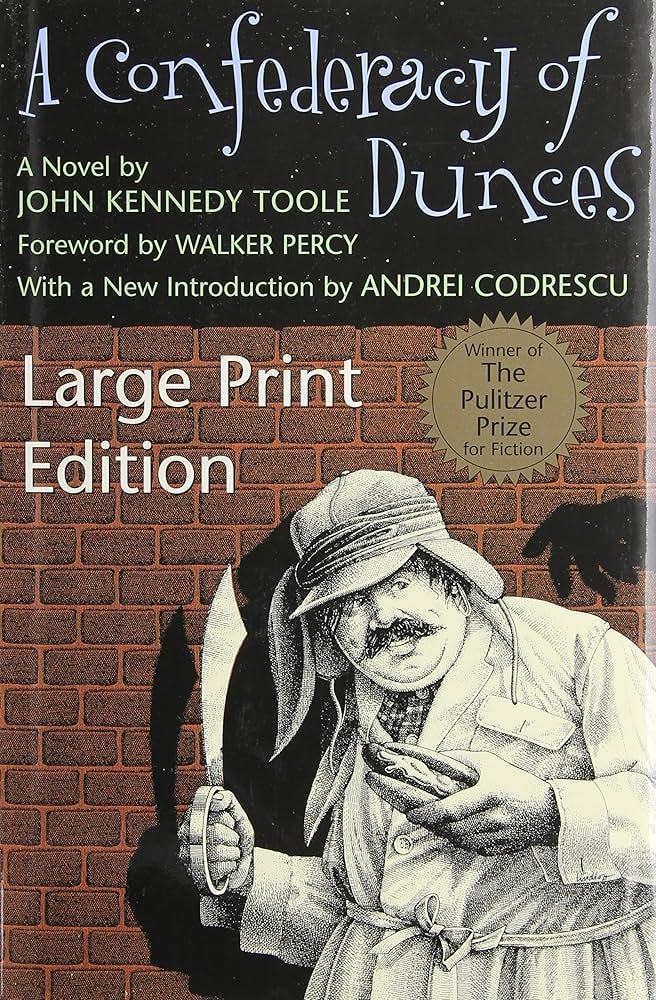
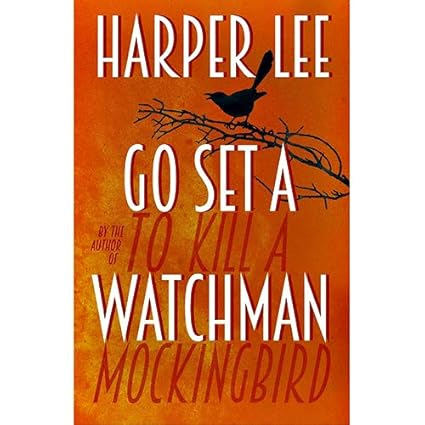
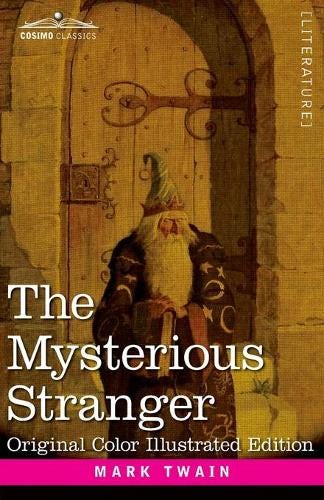
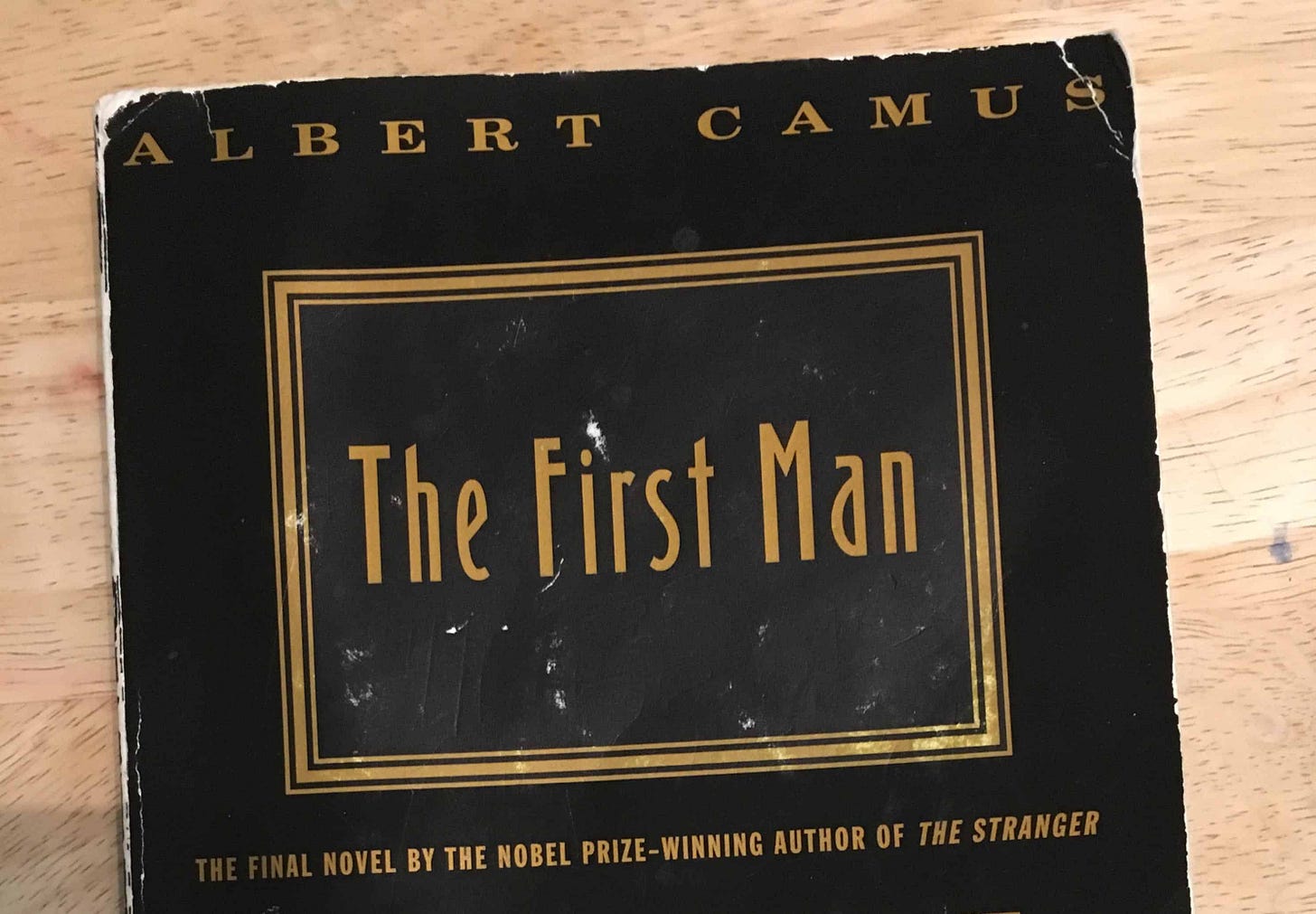
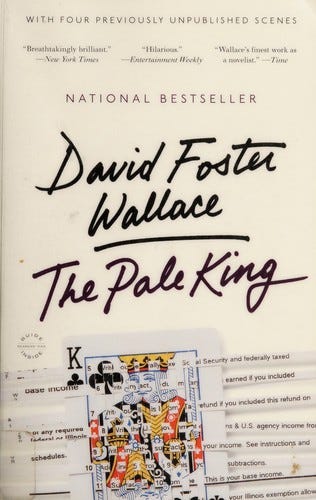
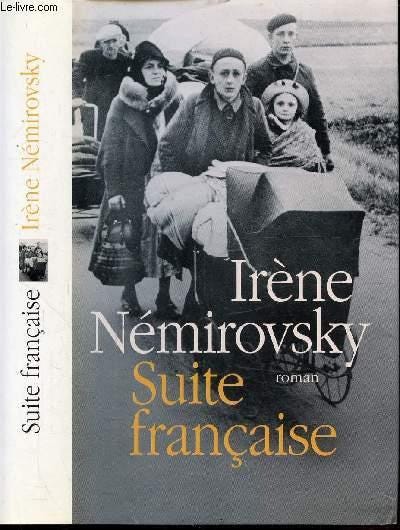
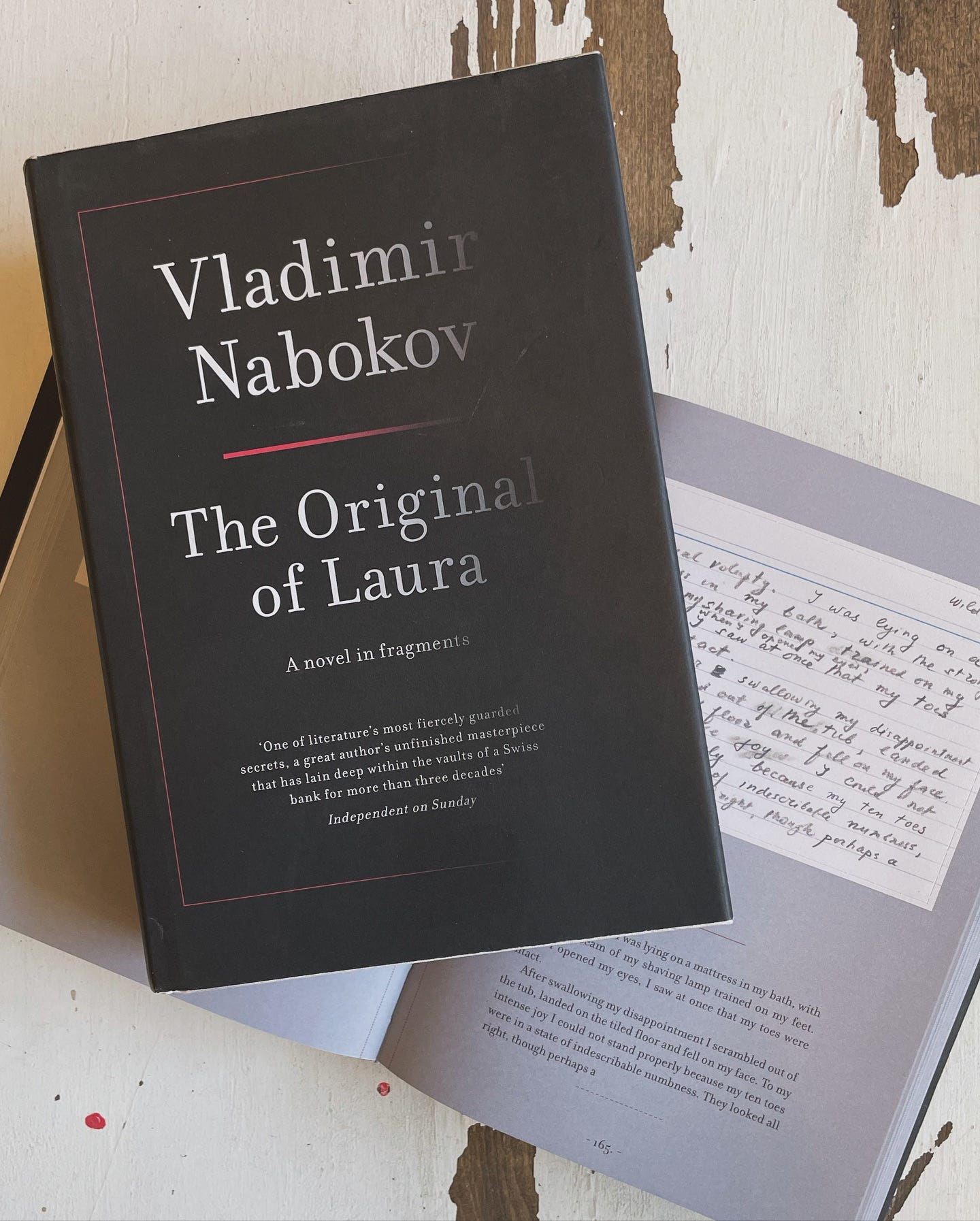
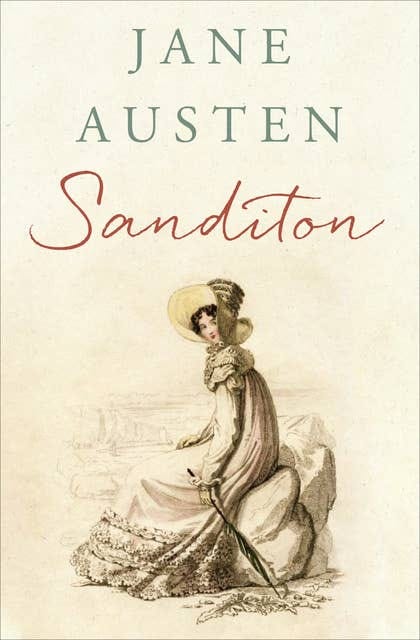
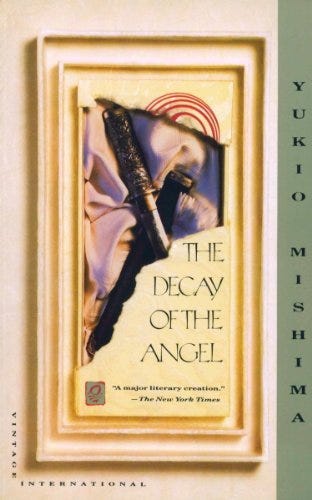
This one hit like a lightning bolt. The idea that the greatest tragedy isn’t failure, but silence—the masterpiece that never gets shared—shook me. Thank you for this powerful call to action. I’m done letting fear decide. My story may not be perfect, but it’s mine. And it’s time to let it out.
Thank you Master Coach A for this. The world is waiting.